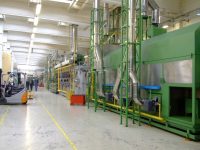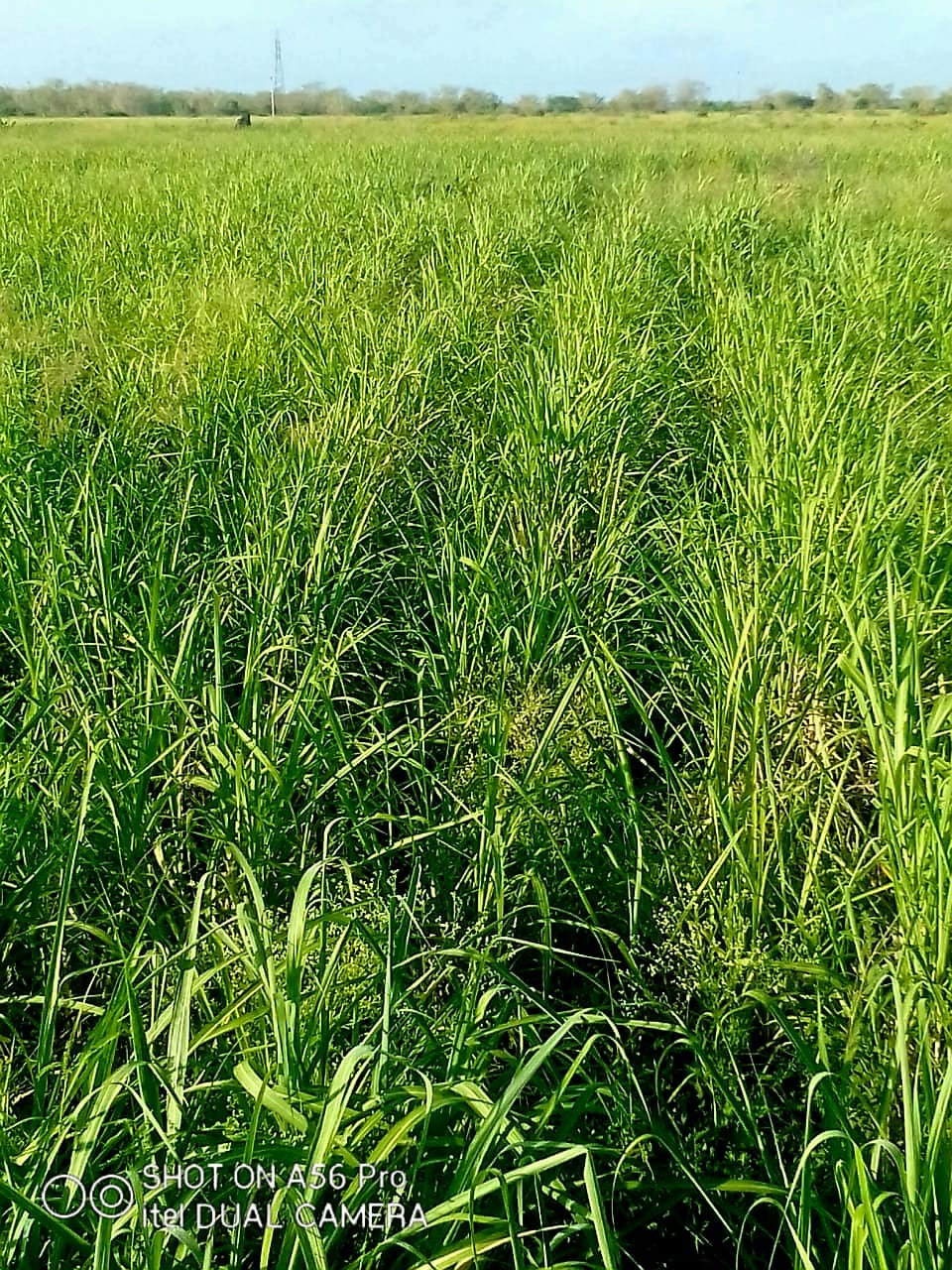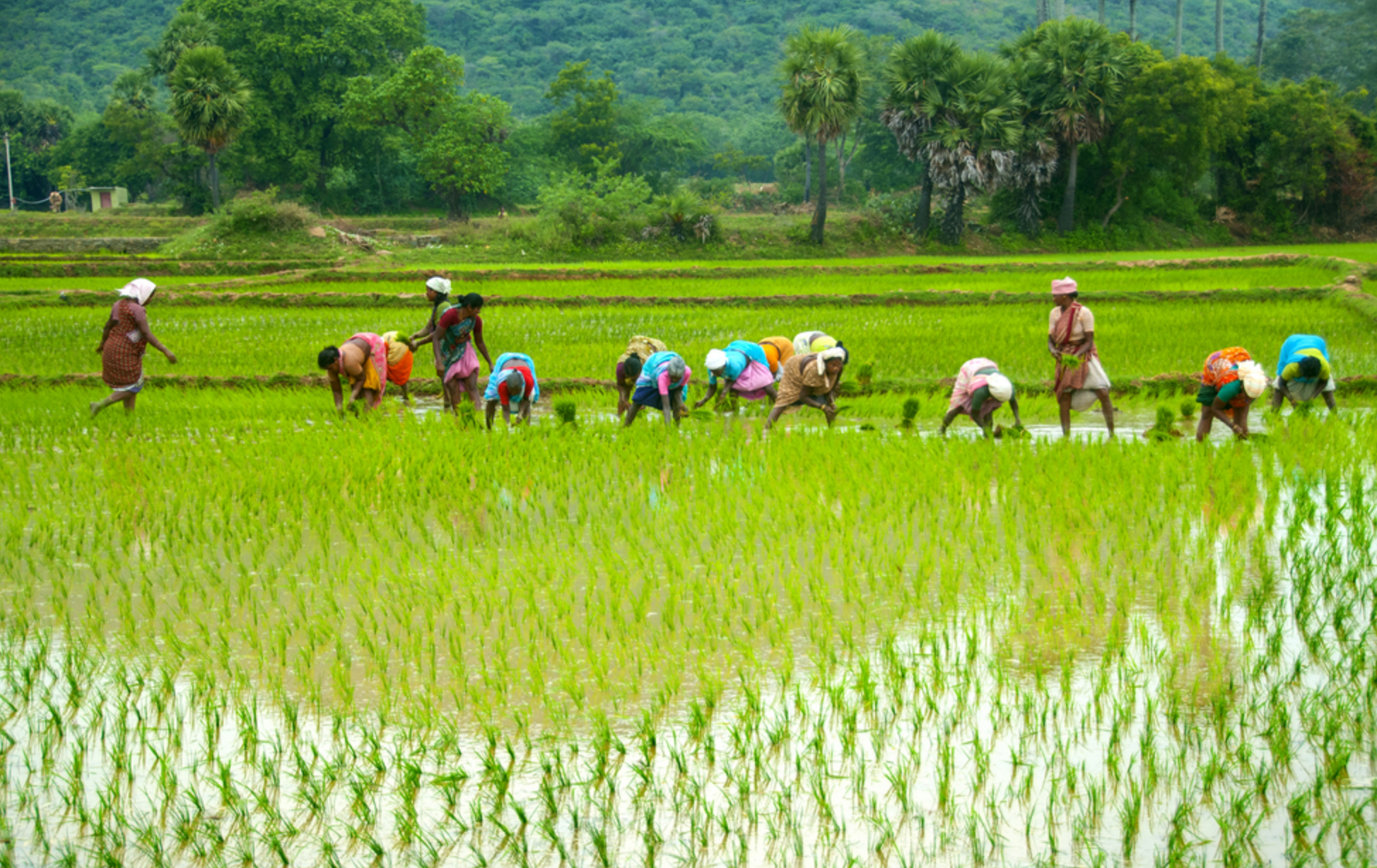At Watson and Fine, we understand the critical role that sustainable farming plays in the success of our business and the health of our planet. That’s why we are dedicated to implementing sustainable practices that allow us to produce high-quality, nutritious food while also protecting the environment and preserving natural resources for future generations.
One key aspect of our sustainable farming approach is the use of diverse crop rotations. By planting a variety of crops in a systematic pattern, we are able to improve soil health, reduce the need for synthetic fertilizers and pesticides, and increase overall farm productivity. We also prioritize growing renewable energy crops, such as switchgrass, miscanthus, and camelina sativa, to help reduce greenhouse gas emissions and combat climate change. Camelina sativa is a particularly valuable biofuel crop due to its high oil content and ability to thrive in a range of soil and climate conditions. In fact, we use biofuel made from camelina grown on our own farm to power our vehicles, further reducing our carbon footprint.
In addition to diverse crop rotations, we utilize cover crops to protect and improve the soil. Cover crops are non-food crops that are grown specifically to enhance soil health and reduce erosion, while also suppressing weeds and increasing organic matter.
We also rely on natural pest control methods, such as introducing beneficial insects to the farm and planting pest-resistant crops, to minimize our reliance on synthetic pesticides. This not only helps to protect the environment, but also ensures the safety and quality of the food we produce.
At Watson and Fine, we are committed to using water and energy efficiently. We use drip irrigation systems to minimize water waste and employ energy-efficient technologies such as solar panels to power our operations.
By implementing these sustainable farming practices, we are able to produce high-quality food while also being good stewards of the land and natural resources. We believe that sustainable farming is essential for the long-term success of our business and the health of our planet.








